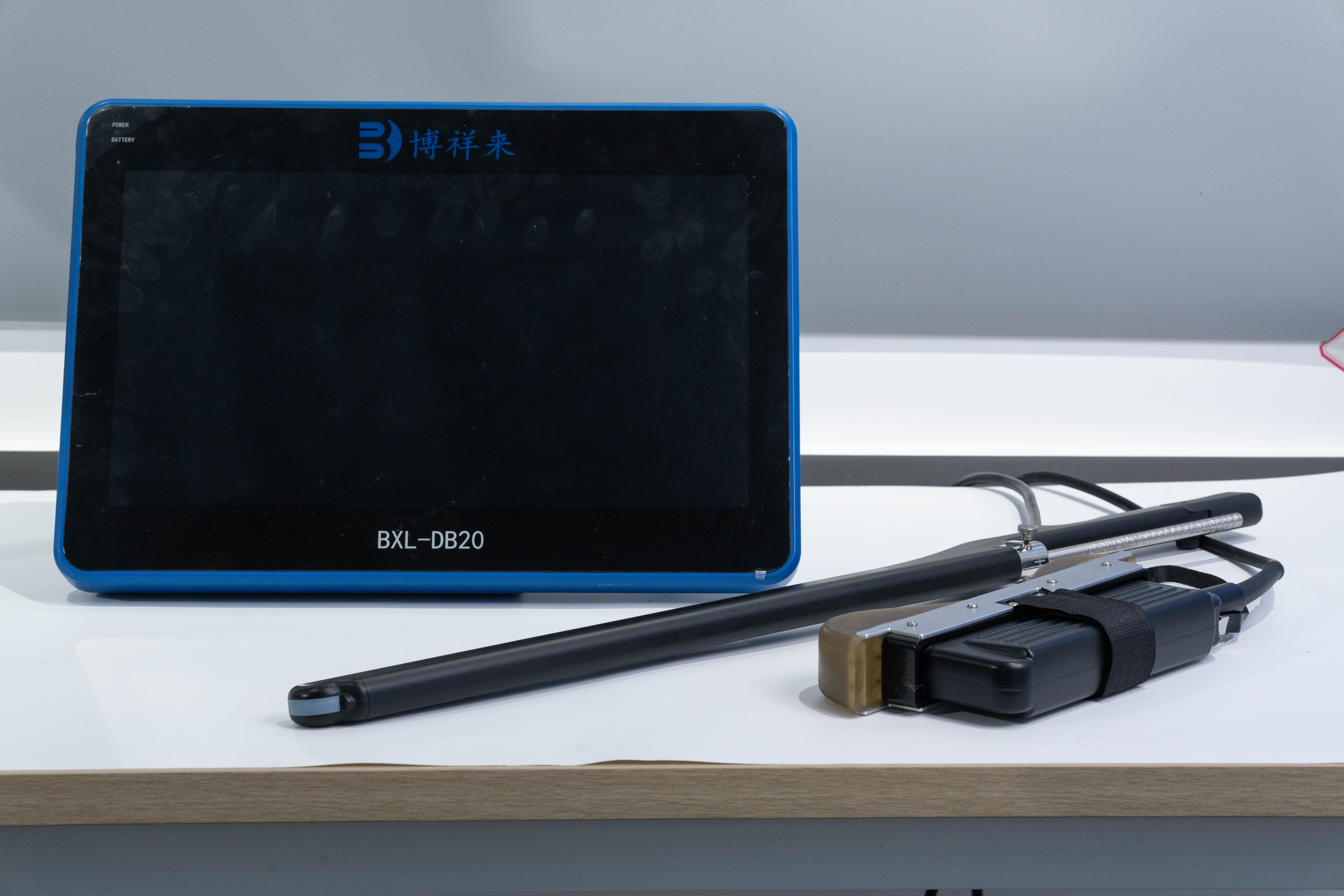Animal hospitals play a crucial role in providing comprehensive healthcare for pets, livestock, and exotic animals. The integration of advanced diagnostic tools like the BXL Veterinary ultrasound has significantly improved the accuracy and efficiency of medical services in these facilities. This article delves into the various applications, benefits, and considerations of BXL veterinary ultrasound in animal hospitals.

What is BXL Veterinary Ultrasound?
BXL veterinary ultrasound is a state-of-the-art imaging system designed for veterinary use. It utilizes high-frequency sound waves to create real-time, detailed images of an animal's internal structures, including organs, tissues, and blood flow. Its non-invasive and radiation-free nature makes it a preferred diagnostic tool in animal hospitals.
Applications of BXL Veterinary Ultrasound in Animal Hospitals
1. Comprehensive Diagnostics
Animal hospitals often deal with a wide range of medical conditions, and BXL veterinary ultrasound is instrumental in diagnosing various issues such as:
Abdominal Disorders: Detecting abnormalities in organs like the liver, kidneys, spleen, and intestines.
Cardiac Conditions: Conducting echocardiograms to assess heart health and identify issues like valve disorders or congenital defects.
Emergency Cases: Providing rapid imaging for trauma, internal bleeding, or blockages.
2. Reproductive Health Management
BXL veterinary ultrasound is widely used in animal hospitals to manage reproductive health, including:
Pregnancy Detection: Identifying pregnancies early and monitoring fetal development.
Fertility Assessments: Evaluating reproductive organs to improve breeding success.
Complication Management: Diagnosing and addressing issues such as uterine infections or fetal distress.
3. Surgical Planning and Post-Operative Care
In surgical cases, the BXL veterinary ultrasound assists in:
Pre-Surgical Imaging: Providing detailed visuals to guide surgical procedures.
Post-Surgical Monitoring: Tracking recovery and ensuring the success of surgeries.
Fluid Detection: Identifying fluid buildup or complications post-operation.
4. Specialized Care for Exotic Animals
Exotic pets and wildlife often require unique care. The BXL veterinary ultrasound is particularly useful for:
Health Assessments: Diagnosing internal conditions in birds, reptiles, and small mammals.
Non-Invasive Monitoring: Reducing stress in sensitive species through gentle imaging techniques.
Rehabilitation Support: Assisting in recovery plans for injured wildlife.
5. Oncology and Chronic Condition Management
Animal hospitals often treat chronic illnesses and cancer in pets. The BXL ultrasound aids in:
Tumor Detection: Locating and assessing tumors for treatment planning.
Ongoing Monitoring: Tracking the progression of chronic diseases.
Therapeutic Guidance: Supporting targeted treatments, such as biopsies or fluid drainage.
Benefits of Using BXL Veterinary Ultrasound in Animal Hospitals
1. Enhanced Diagnostic Accuracy
The high-resolution imaging capabilities of BXL veterinary ultrasound ensure precise and reliable diagnoses, reducing the need for invasive exploratory procedures.
2. Improved Patient Care
Non-invasive and stress-free diagnostics enhance the overall experience for animals and their owners.
3. Versatility Across Cases
Whether it’s a routine health check or an emergency, the BXL veterinary ultrasound adapts to various medical scenarios.
4. Cost Efficiency
Accurate diagnostics help reduce the costs associated with misdiagnoses and ineffective treatments, offering long-term savings for animal hospitals and pet owners.
Key Considerations for Animal Hospitals
1. Training and Expertise
Veterinarians and technicians must be trained to operate the ultrasound equipment effectively and interpret the results accurately.
2. Equipment Maintenance
Regular maintenance and calibration of the BXL veterinary ultrasound ensure consistent performance and accuracy.
3. Integration with Other Tools
Combining ultrasound with other diagnostic methods, such as X-rays or lab tests, enhances overall diagnostic capabilities.
4. Ethical Practices
Animal hospitals must ensure that ultrasound procedures are conducted ethically, minimizing discomfort and stress for animals.
tags: Veterinary UltrasoundAnimal Hospital


